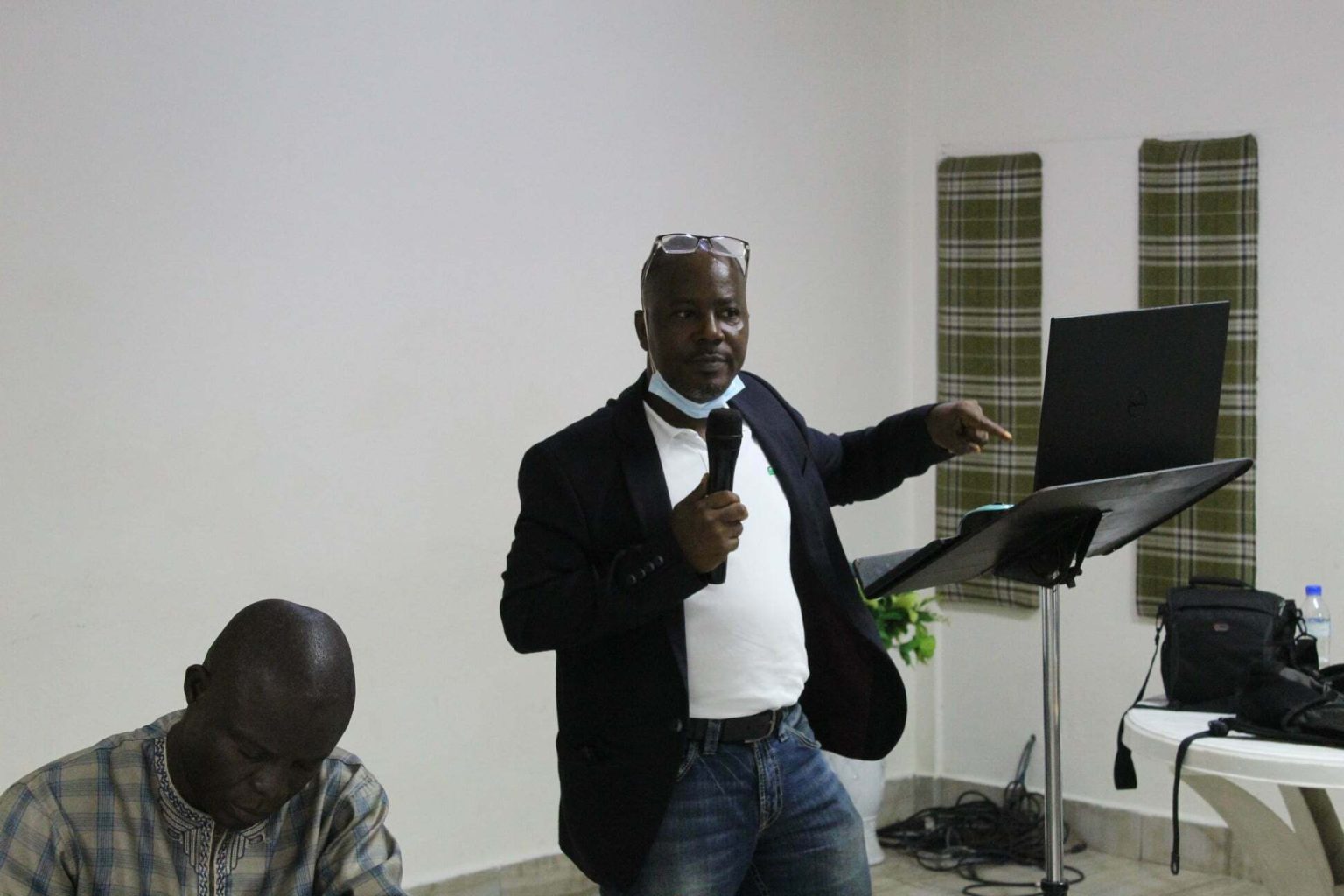The Publishers Association of Liberia (PAL) has expressed agreement with the Supreme Court of Liberia regarding the need for the House of Representatives, comprising both the Majority and Minority blocs, to revert to the status quo ante. This statement, issued on November 25, 2024, highlights the organization’s concern over the ongoing deadlock within the National Legislature, the foundational body of governance in Liberia. Given the importance of legislative functions to the stability of state governance, PAL recognizes the detrimental effects this prolonged standoff has had on national affairs. The media organization, which represents various newspapers and online publications, emphasizes the necessity of collaborative efforts among all political factions for the sake of effective legislative operation and governance.
In light of the Supreme Court’s recent stay order, which mandates that all parties return to the conditions as they stood on October 15, PAL underscores the principle of rule of law and the judicial system’s role as the ultimate arbiter of disputes in Liberia. The order follows the controversial removal of House Speaker Fonati Koffa, replaced by Richard N. Koon, a lawmaker from the ruling party. Koon was elected unopposed following a series of contentious events, laying bare the fractures within the legislature. This situation reflects ongoing political tensions and the high stakes involved in leadership positions within the House, culminating in a significant shift in power dynamics.
PAL’s statement included a stern reminder for media organizations to exercise caution in their reporting on this sensitive issue, given its potential to exacerbate an already fragile political climate. The potential for media narratives to incite unrest cannot be overstated, especially in a context marked by political instability and historical challenges to democracy. The Association urges all media outlets to demonstrate responsibility and foster a spirit of unity, rather than division, in their coverage of the ongoing legislative disputes. By doing so, they can help mitigate risks to national security and uphold democratic principles.
Furthermore, the replacement of Speaker Koffa has raised questions about the legitimacy of internal processes within the House and the implications for the broader political landscape in Liberia. Koon’s ascension to the speakership comes after a competitive race at the beginning of the 55th Legislature, where Koffa had secured victory. This recent turnover indicates the potential for fragmentation within the legislature and highlights the significance of unity among representatives to ensure the proper functioning of government. The power struggle presents a challenge not only in terms of governance but also regarding the ongoing efforts to stabilize the country’s democratic institutions.
As Liberia navigates these complex political waters, the involvement of the Supreme Court signals the judiciary’s critical role in moderating disputes that arise within the political sphere. A stable judicial system is integral to maintaining public trust and fostering a predictable environment where the rule of law prevails. The call for a return to previous agreements reflects a desire for restoration of order and emphasizes the need for collaborative governance that transcends partisan conflicts. Ultimately, the hope is to encourage all members of the legislature to come together to focus on national interests rather than personal or party ambitions.
In conclusion, the situation unfolding in the House of Representatives represents not just a political challenge but a crucial test for Liberia’s democracy. The collective call from PAL and the Supreme Court for a return to the status quo represents a necessary step towards de-escalation and potential reconciliation among the factions within the legislature. Moving forward, the emphasis on legal integrity and responsible media practices will be vital in ensuring that lawmakers can work cohesively to address the pressing issues faced by the nation. By respecting legal directives and fostering camaraderie, Liberia can navigate this period of uncertainty and strengthen its democratic foundations.














